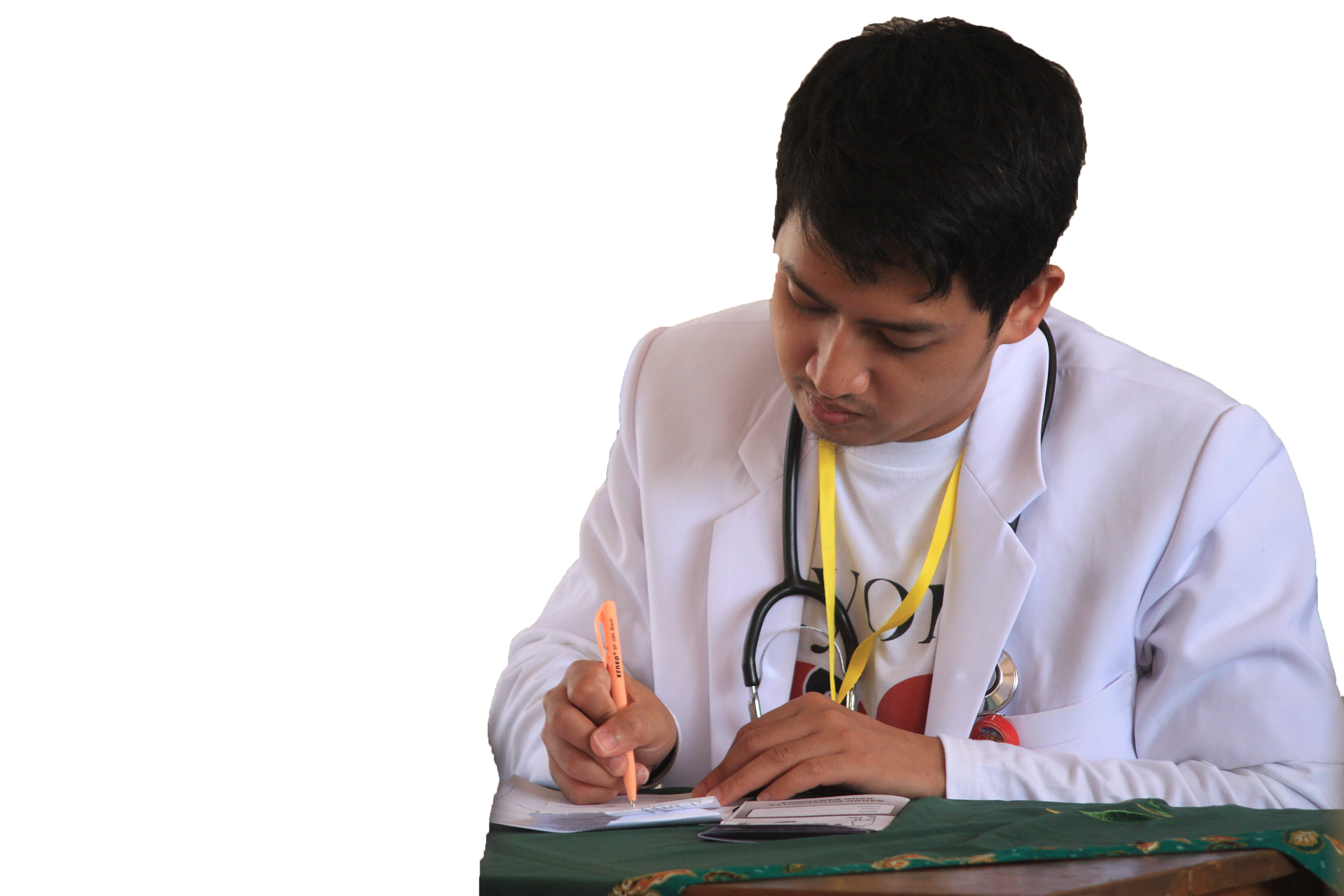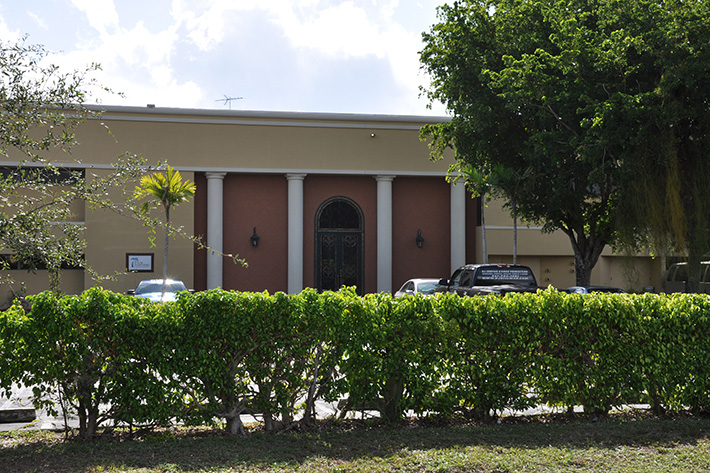State’s Opioid Overdose Problem Can be Helped By Drug Rehab Centers in Georgia

A whopping 7.8 million prescriptions for pain medications were issued in Georgia last year, which is equivalent to more than one prescription for every adult who lives in the state. Most of these prescriptions were for opioids, a highly addictive drug class that kills about one thousand people every year in Georgia. Fortunately, the state can lower its drug overdose rates with help from drug rehab centers in Georgia, which can help opioid addicts overcome their addictions.
If you or someone you care about is struggling with opioid addiction, understand that it’s never too late to get help. Call our confidential helpline at 888-414-2380 for more information about local rehabs in your area that will help you overcome opioid addiction.
Surge in Local Drug Rehab Admissions

The over-prescribing of opioid painkillers is partially to blame for the overdose epidemic in Georgia.
One narcotics treatment center in particular is seeing a massive surge in admissions on behalf of the state’s current opioid epidemic. The rehab center has admitted over 250 people addicted to heroin and prescription opioids, and is continuing to see an influx of new patients consistently. Zac Talbott, co-owner of the treatment center, says the majority of patients formed addictions to opioids after being prescribed painkillers by their family doctors.
A joint investigation by the Associated Press and the Center for Public Integrity revealed that members of the Pain Care Forum contributed $1.2 million to political parties in Georgia throughout the last decade. According to both sources, the Pain Care Forum’s goal is to help weaken and eliminate all state measures aimed at making opioid prescriptions more difficult to obtain. Many say these political contributions are driving the state’s opioid epidemic.
Georgia residents are blaming the deaths of loved ones who suffered from addiction on the over-prescription of opioids. Many addicts who died from overdoses were initially prescribed opioids by their doctors, before moving on to heroin and potent synthetic opioids such as fentanyl. A local woman who lost her daughter to heroin addiction says doctors frequently and carelessly prescribe opioids to anyone experiencing pain, which is why overdoses are becoming more prevalent.
How Drug Rehab Centers Are Combating Opioid Addiction
Heroin and other opioids are highly addictive, and can be difficult and dangerous to overcome on one’s own without medical supervision. Withdrawing from opioids can be intense for many addicts, who may experience one or more severe side effects that cause discomfort and pain. Fortunately, drug rehab centers that specialize in opioid addiction can help patients overcome addiction more comfortably and effectively using medication-assisted treatment.
Medication-assisted treatment helps addicts experience fewer or no drug cravings, and reduces the severity of withdrawal symptoms.
Common opioid withdrawal symptoms include the following:
- Insomnia
- Depression and/or anxiety
- Agitation
- Sweating
- Muscle aches
- Runny nose
- Yawning
- Nausea and/or vomiting
- Abdominal cramping
- Goosebumps
- Diarrhea
While these symptoms may not be life-threatening, they can lead to worsened health if not addressed or treated properly. For instance, vomiting and diarrhea can lead to severe dehydration outside of safe, controlled medical environments offered by rehab treatment centers.
After going through detox, recovering opioid addicts benefit from counseling and therapy, as well as education courses that help patients overcome addiction and avoid relapses. Patients can then return to their lives feeling healthier, happier, and opioid-free, while the state of Georgia can benefit from improved public safety and fewer funds spent on hospitalization and incarceration for addicts.
Are you struggling with opioid addiction and want to overcome your dependency? Call our helpline at 888-414-2380 to speak with a treatment specialist who can provide you with all the resources you need to overcome addiction. We’ll help you find drug rehab centers in Georgia that can help you achieve sobriety and teach you how to lead a healthier, more fulfilling drug-free life.
